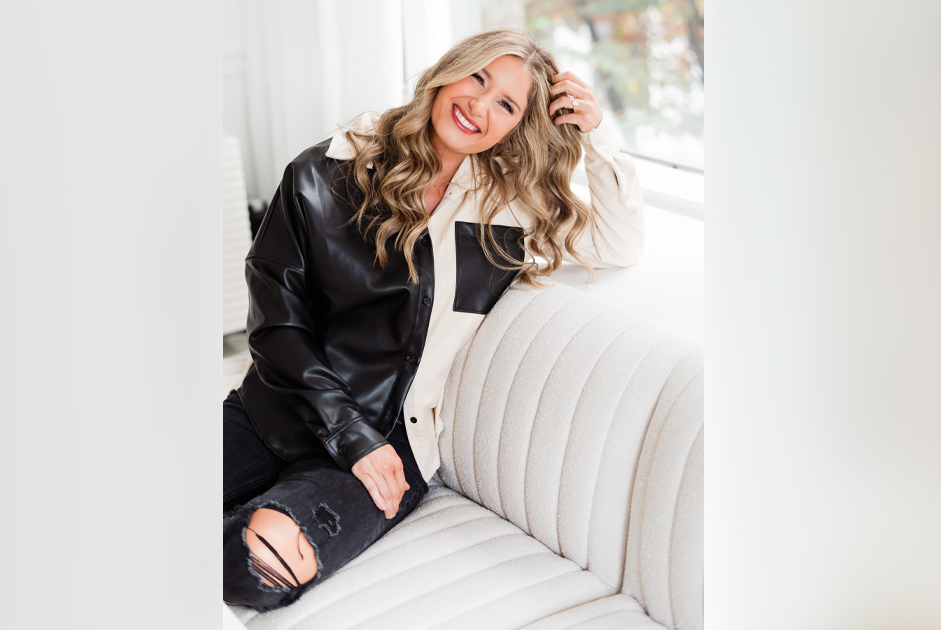Feelings. Try as you might to deny, discount, or ditch them, they’re real. And when it comes to adjusting to retirement, your feelings may shift into high gear in unfamiliar territory. The recently-retired people I spoke with candidly identified a host of unexpected, difficult feelings that accompanied their exit from the workforce:
- lost, because they no longer had an “identity”
- guilty about spending their time “frivolously”
- bad for friends and family “still chained to the old 9 to 5”
- incapable of simply relaxing
- just plain bored
- confused about how to structure and spend their time
- stressed about having more time but less money
- generally disappointed because retirement wasn’t what they’d imagined
But here’s the really good news: most of these very same people say they worked through those feelings and arrived in a much better retirement groove.
Sage advice from those who have been there
Okay, but how? The very first thing they did was to home in on their feelings – was it guilt, stress, loss, disappointment, or something else? Once they had a clear handle on the feeling, they dug deeper to understand its cause. By staying with it, they found ways to work through their feelings and arrive at a better place. Here are the key tips I gathered from them:
Remind yourself that you’ve earned this new chapter – if guilt is dragging you down, then take a good hard look at the investment of time, energy, and heart that you put into your working decades. Consider the many fruits of your labor and see your retirement chapter as one of those “fruits.”
Remember that retirement is a huge life change – as with marriage, relocation, parenting, and so many other life adventures, retirement is a journey, not a fixed destination. It takes time to figure it out, to find your groove. After all, you’re new at this!
Give yourself permission to focus on you – whether you owned your own business or worked for someone else, your main focus was achieving goals. And you did so by contributing your knowledge, skills, wisdom, and experience. Now “you” or “this new chapter” is where you can channel all of that. Make “you” your worthy project!
Allow yourself the time you need to explore new things – you can feel as if you are a failure if you decide to learn golf and discover you’re no good at it or that you hate it. So what? Move on to the next new thing. Try several new activities as you experiment with what you want and don’t want now. Think of it as a grand adventure.
Create a new sense of purpose that makes you feel good about yourself – Perhaps making a difference or giving back is a priority for you. If so, identify what would give you a real sense of satisfaction. Is it starting a vegetable garden and literally sharing the fruits of your labor? Volunteering in real time instead of just sending in a donation? Helping a neighbor on a regular basis? Your “purpose” on the other hand could be to finally make your health your priority.
Set new goals – Once you have a sense of what you are going for, set a few reasonable goals. Tomatoes this year and then two more vegetables next year? A few hours a week of volunteering now, and increasing those hours once you find the group or organization that really resonates with you? Or how about some very specific health and wellness goals?
Adopt a “less is more” lifestyle and enjoy everything that is free! Many retired people want to be less encumbered by the very “things” they sought when they were younger. Consider downsizing or giving away some of your “good” things to those you love so that you can actually see the joy they experience from them. If funds are fixed and limited, enjoy the great outdoors more than ever before, attend free community events, and the simple pleasure of people watching in a local park, chatting with a neighbor, or taking a walk together.
And finally, I heard these words – which speak for themselves – over and over again:
- Take good care of yourself – you will be glad that you did
- Stay connected with others – relationships are priceless
- Stop worrying so much – what you most fear rarely happens!
- Be grateful – to nurture a healthy mood and outlook



















